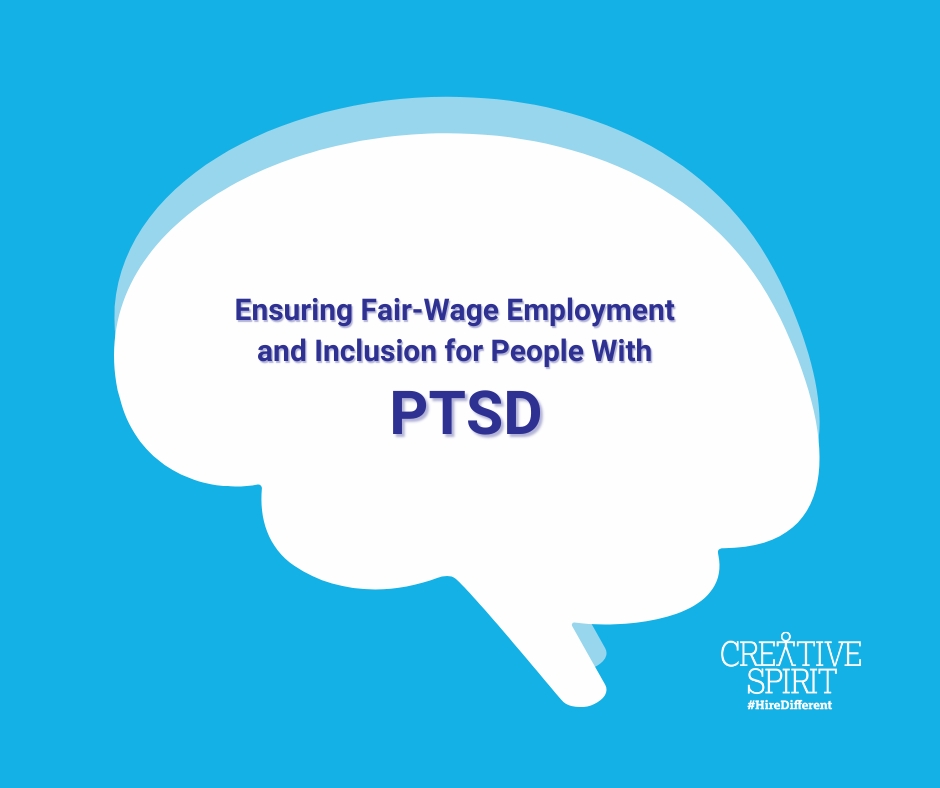Written By: Menachem Rephun, Creative Spirit Communication Manager

Roughly 6% of the U.S. population will experience Post Traumatic Stress Disorder (PTSD) at some point in their lives, according to the U.S. Department of Veterans Affairs. Developing as a result of war-related combat stress, physical or sexual assault, natural disasters, or other traumatic experiences, PTSD is a relatively recent diagnosis, entering the DSM-III in 1980, though the earliest recorded evidence of the condition dates back thousands of years to 50 B.C. Despite its long history, PTSD is still often mischaracterized and misunderstood, partly due to negative representation in film and other media. National Post Traumatic Stress Disorder Day, held annually on June 27, focuses on improving inclusion and breaking down stereotypes and stigmas by encouraging open discussion about the causes of PTSD and its symptoms.
This is especially important given that unemployment is still one of the most significant challenges facing many people with PTSD. A study by Psychiatrist.com found that 10.5% of men and 15.8% of women with PTSD are unemployed within the U.S. civilian population. Veterans with PTSD are 50% more likely to be unemployed than individuals without PTSD, according to a study by Mental Health Services Research. As with intellectual and developmental disabilities and other neurodiverse conditions, the high PTSD unemployment rate correlates strongly with prejudices and misconceptions from employers. Researchers from the Center for New American Security, a Washington, D.C.-based think tank, spoke with 69 leading companies for their perspectives on hiring veterans. According to Recovery Ranch.com, a Tennessee-based mental health treatment center, many of the employers were admittedly concerned that hiring veterans with PTSD would reflect poorly on their company image. On the same note, a survey by the Society for Human Resource Management found that almost 1 in 3 employers believe veterans may be overlooked for employment due to association with PTSD. All of this raises the question: what can be done to overcome these prejudices and ensure fair-wage employment for individuals with PTSD?
How Employers Can Make a Difference
The answer is that change starts with hiring managers and CEOs, and implementing that change is less demanding than it might seem. As Recovery Ranch points out, minor office accommodations and staff education can have a huge, positive impact in improving employment outcomes and success for people with PTSD. Employers can reduce stress in the workplace by creating an environment that is open, supportive, and accommodating through scheduling flexibility and rest breaks, scheduling more challenging tasks at the beginning of the day, and using white noise or environmental sound machines. Lattice.com points out that “a healthy and supportive company culture, including understanding, compassionate coworkers, supervisors, and leadership who are informed and educated about this condition, as well as access to resources, can make an enormous difference for employees with workplace PTSD, or any kind of PTSD.” All of these strategies can be implemented at relatively low cost and with huge benefits for both employees with PTSD and companies that will experience more growth and innovation through inclusive hiring. Espyr also recommends helpful “do’s and don’ts” for managers, including not automatically assuming that employees with PTSD need assistance; minimizing high pressure situations; appreciating that symptoms might fluctuate and can be influenced by many different factors; and seeking out guidance from a behavioral health professional through an Employee Assistance Program (EAP).
How Employees With PTSD Can Succeed
In an article for Happify.com, writer Stacey Nash offers helpful, practical strategies for employees with PTSD to succeed in the workplace. “Try to remember that recovery isn’t a one-and-done deal,” she writes. “Triggers will arise, but you can be gentle and open with yourself to successfully work through them no matter where you are. Active coping lays a foundation for confronting symptoms, so you can work (and play) without PTSD holding you back.” For jobseekers and employees with PTSD, there are a wide range of resources and support networks available to help with finding and succeeding in employment. If you’re looking for either of the above, Creative Spirit is here to help and to connect you with the right career opportunities. The organization Epic also specializes in connecting individuals with PTSD with fair-wage employment, and can be visited here: https://epicassist.org/jobseekers/get-started/job-tips-post-traumatic-stress-disorder/. Ticket to Work, a social security program, offers support through employment networks, offering help with identifying transferable skills, preparing for and finding job opportunities, and transitioning to the civilian workplace. You can learn more about the program here: https://choosework.ssa.gov/library/ticket-to-work-for-americas-veterans.
How To Break Down Stigma and Misconceptions
One of the most crucial facts employers should bear in mind is that being diagnosed with PTSD does not automatically make an employee a threat to themselves or others, and that with the right support and treatments, individuals with PTSD can undoubtedly succeed in employment. Ultimately, change needs to start at the top, with business leaders acknowledging biases and overcoming misconceptions and stereotypes to develop more inclusive hiring practices. “The more talk there is about PTSD, the more people will become aware of it, and the more people will seek treatment for it,” National Today.com writes. “This domino effect will also help shed light on other types of mental disorders that people suffer from after a traumatic event.” Employers can reduce stigma in the workplace by having a zero tolerance policy for discrimination; recognizing the benefits of an inclusive workforce; and by having a diverse staff that includes people with disabilities, who can contribute new ideas and skills to the company, as Acas.org explains. Lattice.com notes that the challenges of the past several years – including the COVID-19 pandemic, natural disasters, and turbulence over systemic racial injustice – have had a silver lining in that they’ve led to a more nuanced view of PTSD and more openness to discussing it. By encouraging open dialogue to de-stigmatize PTSD and other forms of disability, both in employment and society as a whole, we can genuinely resolve the problem of unemployment and ensure that companies are able to draw on a much more diverse wellspring of talent and creative potential. By doing so, they will benefit everyone in the process.
Sources:
1. https://iamresearch.org/how-does-ptsd-affect-employability/#:~:text=An%20employment%20study%20published%20in,more%20severe%20cases%20of%20PTSD
2. https://www.recoveryranch.com/about-recovery-ranch-nashville-tn/
3. https://www.happify.com/hd/6-tips-for-coping-with-ptsd-in-the-workplace/
4. https://www.espyr.com/blog/a-managers-guide-to-post-traumatic-stress-in-the-workplace






